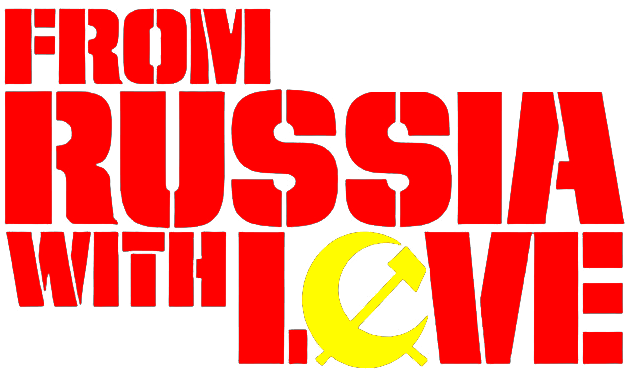The Cold War, was an open, yet restricted rivalry that developed after World War II between the United States and the Soviet Union and their respective allies. The Cold War was waged on political, economic, and propaganda fronts and had only limited recourse to weapons. The term was first used by the English writer George Orwell in an article published in 1945 to refer to what he predicted would be a nuclear stalemate between
two or three monstrous super-states, each possessed of a weapon by which millions of people can be wiped out in a few seconds.
Following the surrender of Nazi Germany in May 1945 near the close of World War II, the uneasy wartime alliance between the United States and Great Britain on the one hand and the Soviet Union on the other began to unravel. By 1948 the Soviets had installed left-wing governments in the countries of eastern Europe that had been liberated by the Red Army. The Americans and the British feared the permanent Soviet domination of eastern Europe and the threat of Soviet-influenced communist parties coming to power in the democracies of western Europe. The Soviets, on the other hand, were determined to maintain control of eastern Europe in order to safeguard against any possible renewed threat from Germany, and they were intent on spreading communism worldwide, largely for ideological reasons.
Two of the more higher profile events that defined the mistrust between the United States and the Soviet Union occurred in 1950 and 1962. In 1950, the Soviet-supported communist government of North Korea invaded the U.S.-supported South Korea. This set off an indecisive Korean War that lasted until 1953. An intense stage of the Cold War existed between 1958– 1962. The United States and the Soviet Union began developing intercontinental ballistic missiles, and in 1962 the Soviets began secretly installing missiles in Cuba that could be used to launch nuclear attacks on U.S. cities. This sparked the Cuban Missile Crisis (1962), a confrontation that brought the two superpowers to the brink of war before an agreement was reached to withdraw the missiles. The Soviets agreed to remove their missiles from Cuba, if the United States removed their missiles from Turkey. The Soviets removed their missiles from Cuba, but the U. S. never removed their missiles from Turkey.
